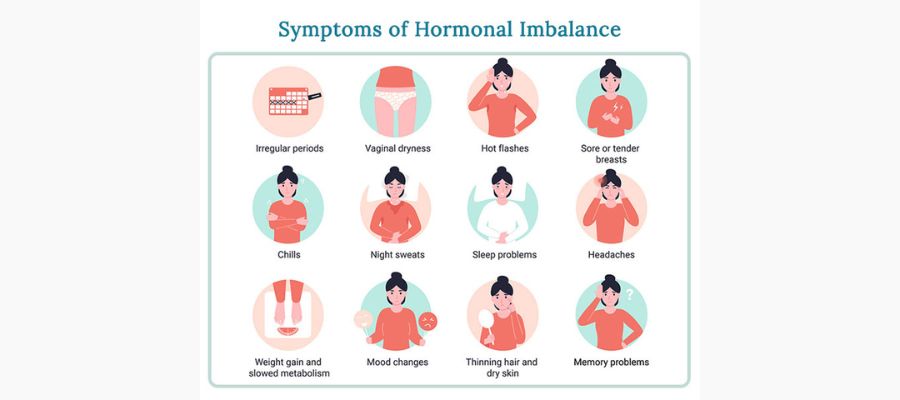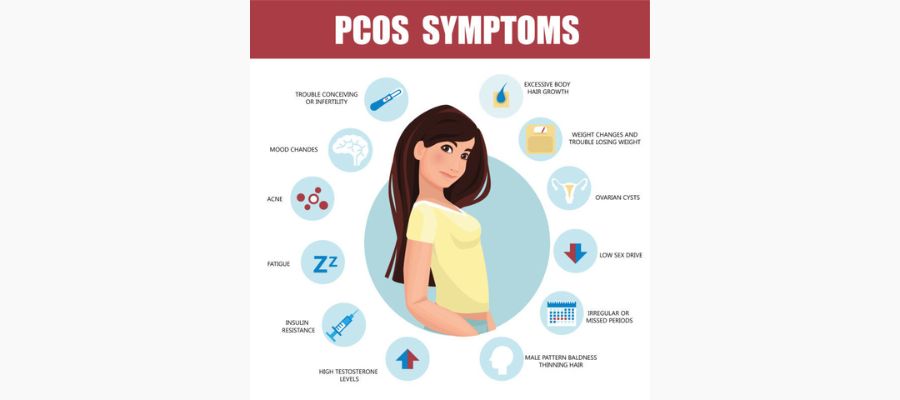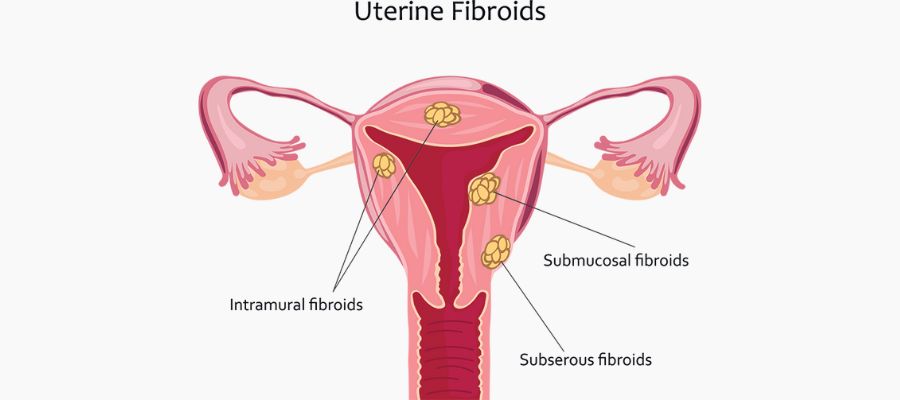
Diabetes is a chronic metabolic disorder that affects millions of people across the world. It is a condition where the body is unable to produce enough insulin or use it effectively, resulting in high levels of sugar in the blood. Diabetes management requires lifelong commitment and discipline with a focus on maintaining healthy lifestyle habits, including diet, exercise, and medication. Ayurveda, the ancient Indian system of medicine, offers a holistic approach to diabetes management and can help individuals maintain good health and quality of life.
Ayurveda believes that diabetes is caused by an imbalance in the doshas (vata, pitta, and kapha) and recommends a combination of lifestyle modifications, dietary changes, and herbal remedies to manage the condition. Here are some ways Ayurveda can help in diabetes management:
- Diet: According to Ayurveda, a balanced diet is essential for maintaining good health, especially for people with diabetes. The diet should include foods that are low in glycemic index, such as whole grains, fruits, and vegetables. Ayurvedic practitioners recommend avoiding sugary and processed foods, refined carbohydrates, and saturated fats. Instead, they suggest incorporating spices like turmeric, cinnamon, and cumin, which have anti-inflammatory properties and can help reduce blood sugar levels.
- Exercise: Exercise is an essential part of diabetes management. It helps to improve insulin sensitivity, lower blood sugar levels, and reduce the risk of complications. Ayurveda recommends a combination of cardiovascular exercise and yoga to maintain healthy blood sugar levels. Yoga postures such as Pavanamuktasana, Vajrasana, and Bhujangasana can help stimulate the pancreas and improve insulin sensitivity.
- Herbs: Ayurveda uses a range of herbs to manage diabetes. Some of the commonly used herbs include bitter gourd, fenugreek, Indian gooseberry, and turmeric. These herbs have antidiabetic properties and can help regulate blood sugar levels. For instance, bitter gourd is known to contain a substance called charantin, which can help improve glucose tolerance and insulin sensitivity. Similarly, fenugreek seeds are known to stimulate insulin secretion and reduce fasting blood glucose levels.
- Ayurvedic therapies: Ayurveda offers a range of therapies that can help manage diabetes. These include Panchakarma, an intensive detoxification program that can help cleanse the body of toxins and improve insulin sensitivity. Massage therapy, known as Abhyanga, can help improve circulation and reduce stress levels, which are known to contribute to diabetes. Shirodhara, a therapy where warm oil is poured on the forehead, can help calm the mind and reduce stress levels.
In conclusion, Ayurveda offers a holistic approach to diabetes management that focuses on maintaining good health and quality of life. A combination of lifestyle modifications, dietary changes, herbal remedies, and Ayurvedic therapies can help control blood sugar levels, reduce the risk of complications, and improve overall wellbeing. However, it is essential to consult a qualified Ayurvedic practitioner before starting any treatment to ensure the right diagnosis and selection of therapies.










